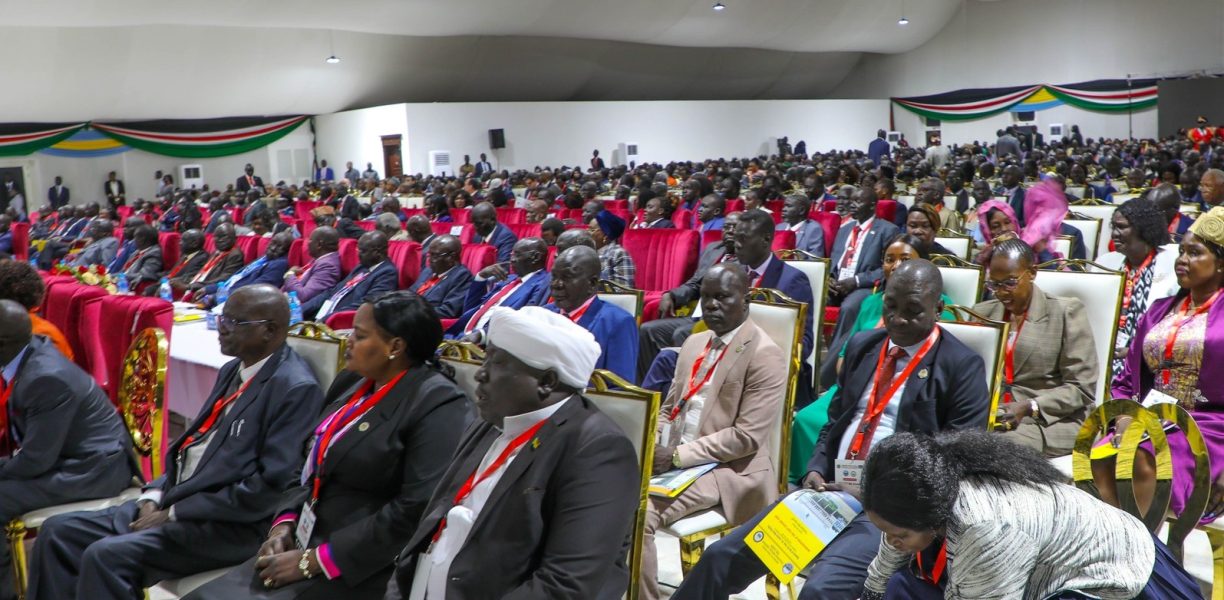
President Salva Kiir has called for urgent economic reforms and emphasized the need for timely salary payments for civil servants and organized forces during his address at the reopening of the Transitional National Legislature on Wednesday.
The President acknowledged South Sudan’s worsening economic crisis, attributing it to the recent shutdown of oil production, an event that has had a ripple effect across government functions and public service delivery.
“Our economy has faced serious challenges,” Kiir told lawmakers. “The recent temporary shutdown of oil production has strained our finances and delayed salary payments.”
The President assured Parliament that oil production had resumed following decisive interventions by his administration. However, he warned against complacency and urged action to address underlying economic vulnerabilities.
“Thanks to decisive action, oil production has resumed, and we are now moving steadily toward stability,” he said. “But we must move forward with necessary reforms.”
One of the most pressing issues Kiir highlighted was the prolonged delay in salary payments. Civil servants and organized forces have reportedly gone nearly a year without regular salaries, compounding public frustration amid the soaring cost of living.
“I have instructed the Vice President in charge of the Economic Cluster to prioritize timely salary payments and ensure the full restoration of essential public services,” Kiir said. “This is no longer a matter of policy, it is a matter of urgency.”
His remarks come months after Vice President Dr. Benjamin Bol Mel, chair of the Economic Cluster, pledged on February 21, 2025, that salaries would be paid consistently on the 24th of every month. However, the government has yet to fulfill that promise, and payment inconsistencies remain widespread.
Among his emphasis was the need for South Sudan to reduce its dependence on oil revenues, advocating for economic diversification through agriculture, fisheries, small-scale trade, infrastructure development, and human capital investment.
“Our future lies in economic diversification,” he said. “We must shift away from over-reliance on oil and focus on developing other productive sectors.”
The President underscored that fiscal discipline, transparent financial management, and a resolute fight against corruption are critical to economic recovery and institutional trust
“I call on this Parliament to endorse the 2025/2026 fiscal budget. It must reflect our core priorities: economic growth, delivery of essential services, and political stabilization through credible elections,” he said.
The President’s remarks come against the backdrop of a worsening humanitarian situation in the country. According to recent United Nations reports, nearly 9 million people, roughly two-thirds of South Sudan’s population, require humanitarian assistance due to conflict, economic collapse, and climate-related shocks.

